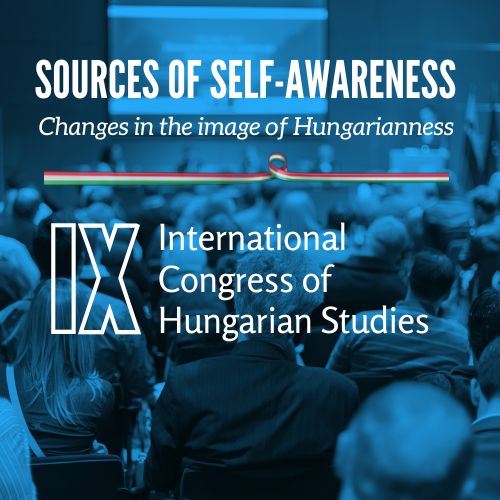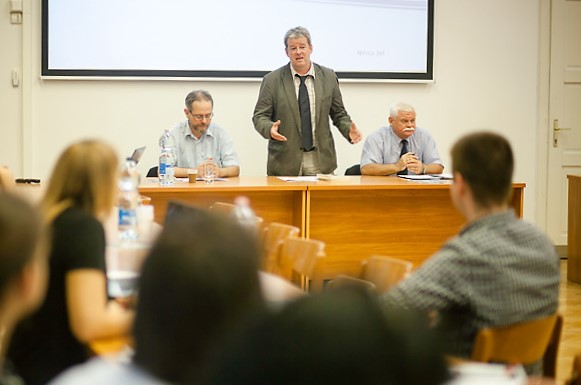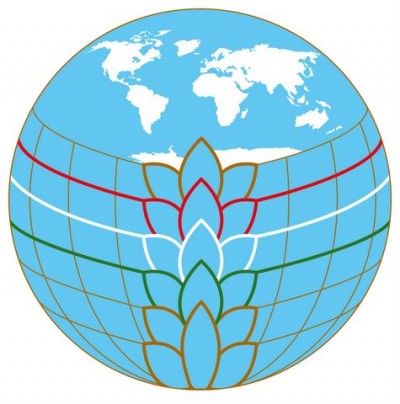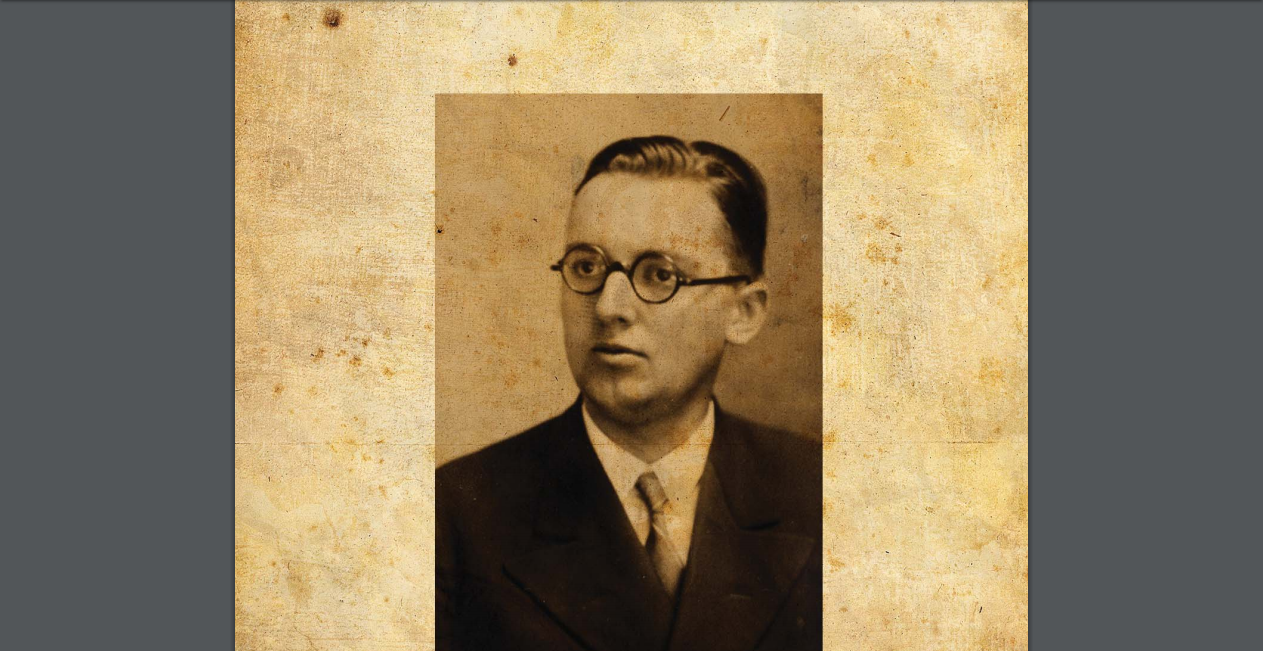IX International Congress of Hungarian Studies

By the resolution of the General Assembly of the International Association for Hungarian Studies the
IX International Congress of Hungarian Studies shall be held
between 24–29 August 2026
in Miskolc and Sárospatak
The main focus of the congress:
Sources of self-awareness — changes in the image of Hungarianness
Website for the Congress: https://hungkong2026.uni-miskolc.hu/main
Organizing Committee: hungkong2026@uni-miskolc.hu




